The Connection Between Thyroid and Fertility

When trying to conceive, many people focus on reproductive hormones like estrogen, progesterone, and FSH. But one small, butterfly-shaped gland in your neck plays a major—often overlooked—role in fertility: the thyroid.
When trying to conceive, many people focus on reproductive hormones like estrogen, progesterone, and FSH. But one small, butterfly-shaped gland in your neck plays a major—often overlooked—role in fertility: the thyroid. At Reproductive Centers of America (RCA), we see firsthand how even subtle thyroid imbalances can affect ovulation, menstrual cycles, embryo development, and early pregnancy. That’s why we always assess thyroid health as part of our comprehensive fertility workup.
What Does the Thyroid Do?
Your thyroid gland produces hormones (primarily T3 and T4) that regulate your metabolism, energy levels, body temperature, and—yes—reproductive function. These hormones help control the menstrual cycle, ovarian health, and the uterine environment necessary for implantation.
Thyroid Disorders That Impact Fertility
- Hypothyroidism (Underactive Thyroid)
- Can cause irregular periods, anovulation, low libido, and increased risk of miscarriage.
- Symptoms: fatigue, cold intolerance, weight gain, constipation, depression.
- Hyperthyroidism (Overactive Thyroid)
- May lead to light or absent periods, difficulty conceiving, and pregnancy complications.
- Symptoms: anxiety, rapid heartbeat, heat intolerance, weight loss, insomnia.
- Autoimmune Thyroid Conditions (like Hashimoto’s or Graves’ Disease)
- Can disrupt reproductive hormones even before TSH levels become abnormal.
- May increase the risk of miscarriage, especially if left untreated.
Why Thyroid Balance Matters for IVF
A thyroid that’s “normal” for general health isn’t always optimal for fertility. For example, many fertility experts—including our team at RCA—prefer a TSH level between 1.0 and 2.5 mIU/L during preconception and early pregnancy, even though the general lab range goes up to 4.5 or higher.
We also assess thyroid antibodies (TPO, TgAb) when recurrent miscarriage, poor embryo quality, or failed implantation is a concern.
What You Can Do
- Get tested: A simple blood test for TSH, Free T4, and antibodies can provide powerful insights.
- Treat early: Thyroid hormone replacement (like levothyroxine) is safe and effective when needed.
- Manage stress and optimize nutrition: Selenium, iodine, and zinc all support thyroid health—but so do rest, blood sugar balance, and gut health.
- Monitor closely: During fertility treatment and pregnancy, thyroid levels can change quickly and should be checked regularly.
RCA’s Holistic Fertility Assessment
At RCA, we don’t just chase test results—we look at the big picture. If you’ve had trouble conceiving, experienced miscarriage, or feel that something is “off,” your thyroid might be part of the story.
We listen. We test thoroughly. And we personalize your plan.
What Does the Thyroid Do?
Your thyroid gland produces hormones (primarily T3 and T4) that regulate your metabolism, energy levels, body temperature, and—yes—reproductive function. These hormones help control the menstrual cycle, ovarian health, and the uterine environment necessary for implantation.
Thyroid Disorders That Impact Fertility
- Hypothyroidism (Underactive Thyroid)
- Can cause irregular periods, anovulation, low libido, and increased risk of miscarriage.
- Symptoms: fatigue, cold intolerance, weight gain, constipation, depression.
- Hyperthyroidism (Overactive Thyroid)
- May lead to light or absent periods, difficulty conceiving, and pregnancy complications.
- Symptoms: anxiety, rapid heartbeat, heat intolerance, weight loss, insomnia.
- Autoimmune Thyroid Conditions (like Hashimoto’s or Graves’ Disease)
- Can disrupt reproductive hormones even before TSH levels become abnormal.
- May increase the risk of miscarriage, especially if left untreated.
Why Thyroid Balance Matters for IVF
A thyroid that’s “normal” for general health isn’t always optimal for fertility. For example, many fertility experts—including our team at RCA—prefer a TSH level between 1.0 and 2.5 mIU/L during preconception and early pregnancy, even though the general lab range goes up to 4.5 or higher.
We also assess thyroid antibodies (TPO, TgAb) when recurrent miscarriage, poor embryo quality, or failed implantation is a concern.
What You Can Do
- Get tested: A simple blood test for TSH, Free T4, and antibodies can provide powerful insights.
- Treat early: Thyroid hormone replacement (like levothyroxine) is safe and effective when needed.
- Manage stress and optimize nutrition: Selenium, iodine, and zinc all support thyroid health—but so do rest, blood sugar balance, and gut health.
- Monitor closely: During fertility treatment and pregnancy, thyroid levels can change quickly and should be checked regularly.
RCA’s Holistic Fertility Assessment
At RCA, we don’t just chase test results—we look at the big picture. If you’ve had trouble conceiving, experienced miscarriage, or feel that something is “off,” your thyroid might be part of the story.
We listen. We test thoroughly. And we personalize your plan.









